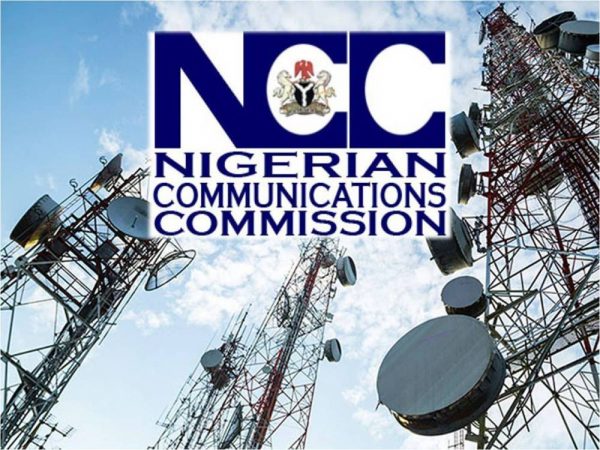The Nigerian Communications Commission (NCC), has confirmed that, based on empirical indices, Nigeria attained 31 per cent broadband penetration.
NCC management said in a statement on Sunday that this was contrary to insinuations in some quarters that the country was far away from the 30 per cent target.
NCC said that by the five-year National Broadband Plan (NBP), 2013-2018, it was targeted that the country should be able to attain a minimum of 30 per cent from the five per cent it had in 2013.
It said that expectedly, based on the population of Nigeria, estimate at 190 million, and connected lines of 169 million, those who had access to broadband at a speed of 1.5 megabytes per second cover over 30 per cent of the population.
NCC said that to realise that, the Federal Government set up the NBP (2013-2018) with a target of 30 per cent by 2018, of which the figures doubled between 21 and 22 per cent in the months before November 2018.
According to NCC, broadband penetration is typically measured by the percentage of total population with access to broadband networks out of each hundred.
”According to NCC data, there were a total of 168,729,005 mobile ”GSM” mobile subscribers in Nigeria as at November 2018.
“Of these 108,457,051 were subscribed to internet access services provided by the major operators.
”In terms of broadband services, a total of 58,965,478 connected to the internet through 3G and 4G networks (including those provided by the Long Term Evolution (LTE) only service providers such as Smile and nTel).
”This distinction is critical because Nigerians predominantly rely on mobile networks to access the internet.’icluding broadband networks.
The commission said was made possible since the fixed broadband access which was to have been led by the erstwhile State incumbent – NITEL –” is now literally non-existing.”
”So, if we take the total active broadband subscription figure of 58,965,478 and divide by the population figure of 190,886,311 (using the UN’s projection as at December 2017), we come to a penetration percentage of 30.9 per cent.”
The regulatory body said that it used the UN’s figure because of consistency, adding that it appeared to be the baseline used by the International Telecommunication Union (ITU) in earlier studies.
”For instance, if we use the Nigerian Population Commission’s 2006 figure of 140 million, we come to a broadband penetration rate of 42.1 per cent.
”Also, looking through the ITU Broadband Commission September 2018 Report, one would see that Nigeria’s broadband penetration rate is set at an abysmal 19.9 per cent.
”This cannot be the case, since that report is based on industry statistics of December 2017, which was clearly outdated as at September 2018 when the report was published.
”Clearly therefore, the NCC assertion that Nigeria has attained 30.9 per cent broadband penetration is logical and supported by available data in the commission’s custody.
”There are lessons to be learnt from the needless controversy on this matter. To its credit, NCC has been rather transparent with industry data.”
It said that NCC website was being updated on a monthly basis with data of the subscription, tariff and other industry performance which enabled stakeholders to see a fair picture of overall industry performance.
NCC urged players in the industry to regularly access the NCC website for available data and insights on industry performance.
According to it, this is better rather than take to incorrect and pessimistic positions such as expressed by some stakeholders without taking time to know the true position of things.
It said that NCC would need to engage with ITU to update its 2018 Broadband report, adding that ITU report relied on data from December 2017, now outdated.
”It is important that NCC provides updated data to the Broadband Commission.”
It said this was necessary so that more accurate publication of Nigeria’s broadband status could be made, on which stakeholders could rely on for investment and other decisions.
”In spite of perceived drawbacks, the telecommunications sector remains one of the most consistent enablers of the economy and the economic wellbeing of the citizenry.
According to NCC the sector contributes over 10.43 per cent to the Gross Domestic Product (GDP) in the second quarter of 2018.
”It is boosting employment, both directly and indirectly and providing a robust infrastructure backbone to facilitate high level efficiency in all areas of the economy.
”Based on World Bank index, increasing broadband by just 10 per cent in developing countries would deliver at least, 1.38 per cent GDP increase per capita.”
NCC said that a 10 per cent increase in internet penetration would lead to about 1.12 per cent increase in GDP per capita.”. (NAN)

